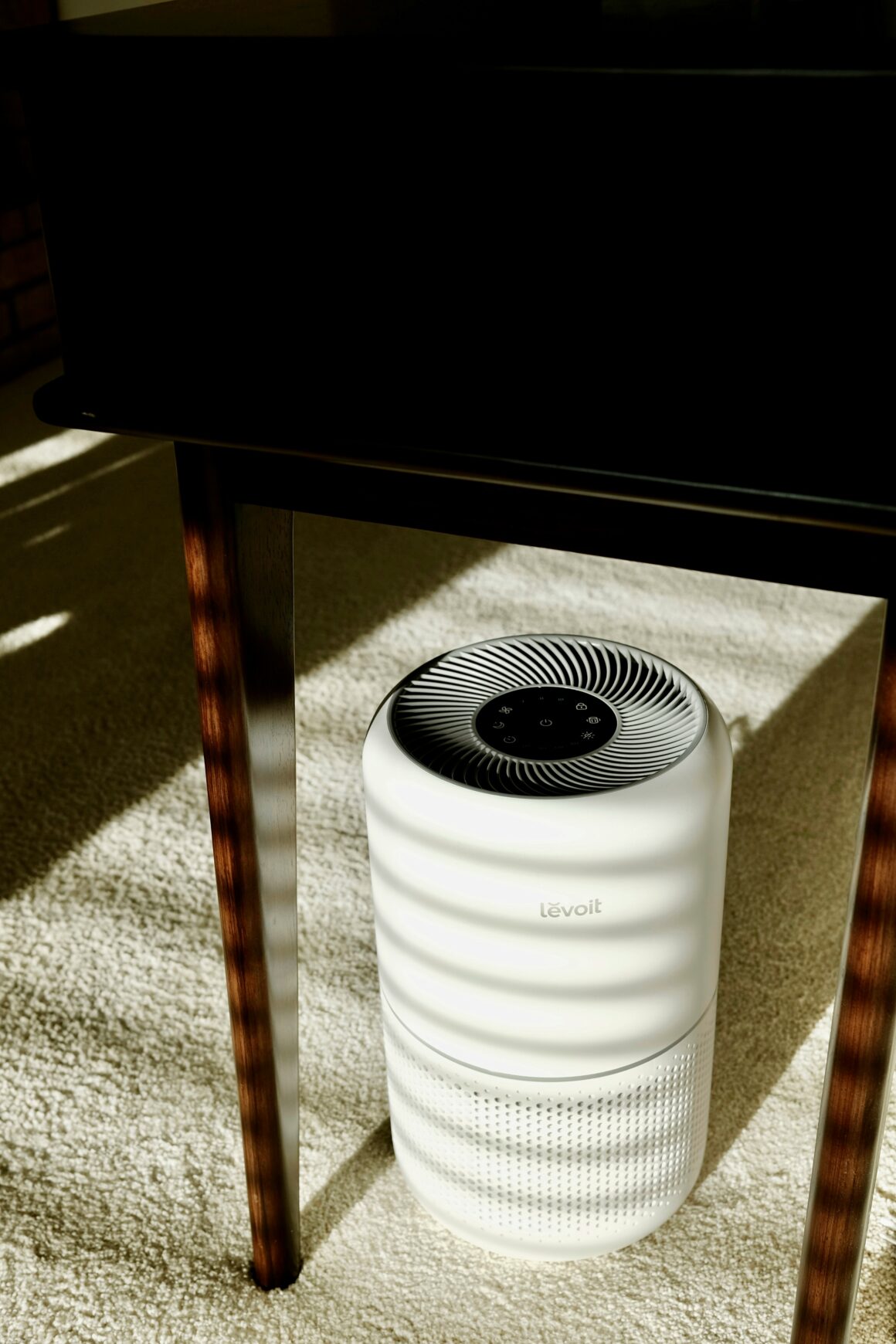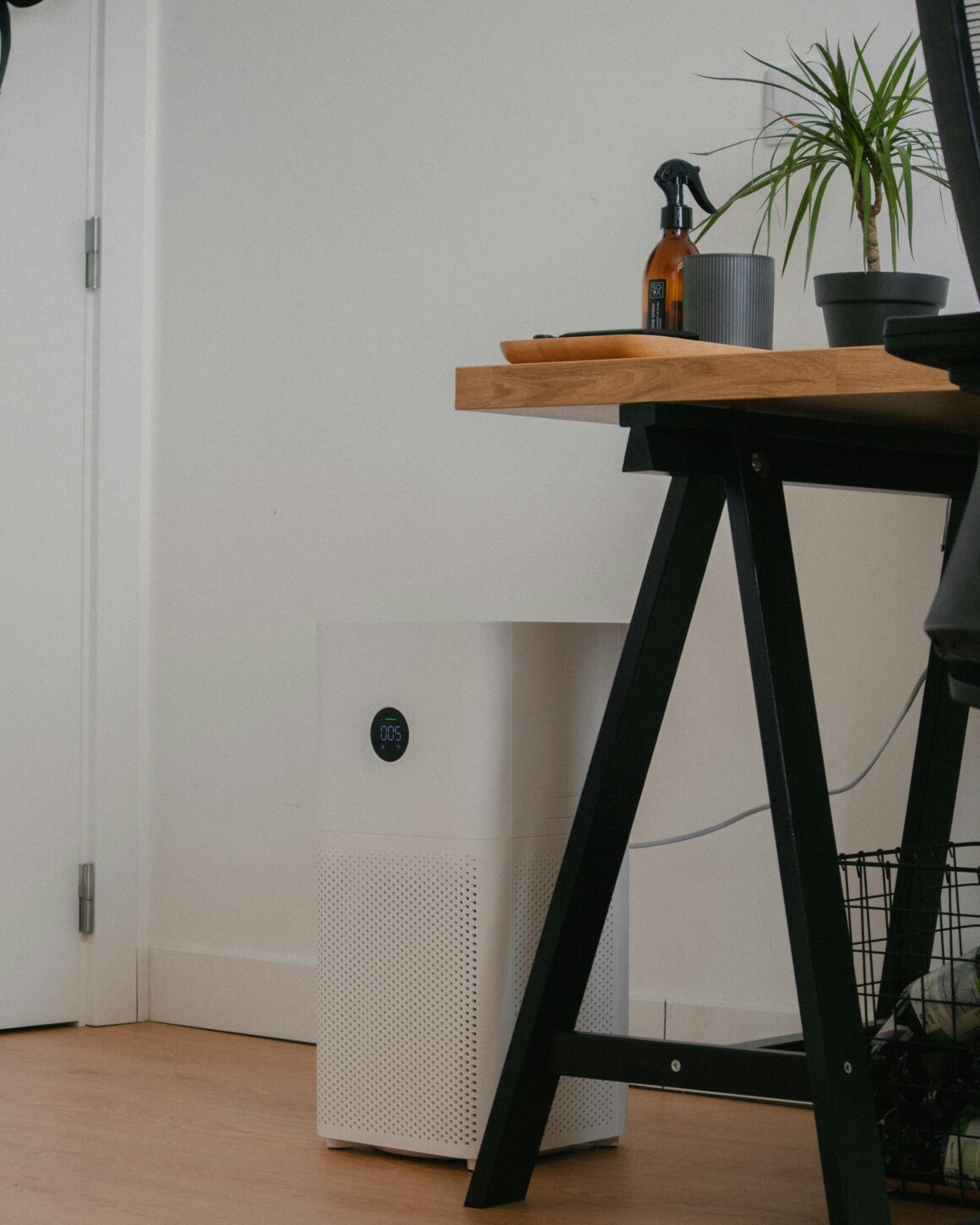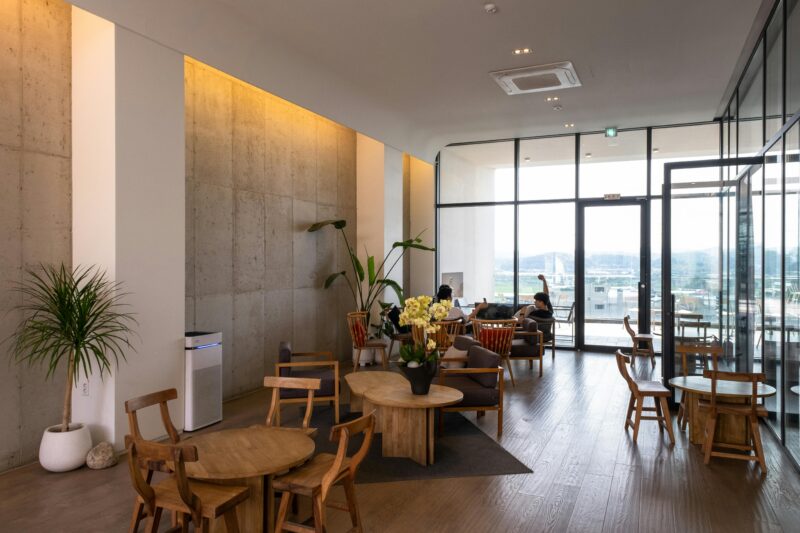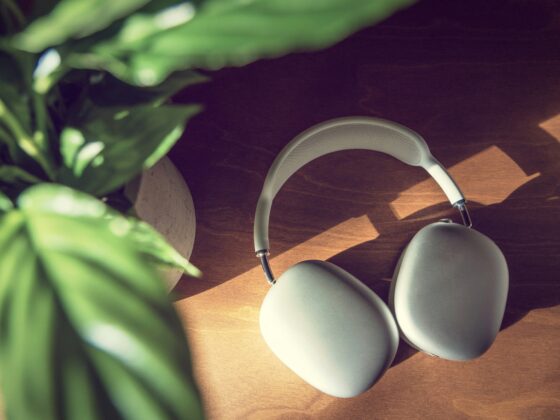In today’s world, where indoor air quality has become a growing concern, many homeowners are considering the addition of an air purifier to their living spaces. But the question remains: do you really need one? This comprehensive guide will explore the ins and outs of air purifiers, their benefits, and help you determine if investing in one is the right choice for your home.
Understanding Indoor Air Quality
Indoor air quality plays a crucial role in our overall health and well-being. Many people are surprised to learn that the air inside our homes can be more polluted than the air outside. This is due to a variety of factors, including:
- Limited ventilation in modern, energy-efficient homes
- The presence of household chemicals and cleaning products
- Off-gassing from furniture and building materials
- Accumulation of dust, pet dander, and other allergens
- Outdoor pollutants that make their way indoors
Poor indoor air quality can lead to a range of health issues, from minor irritations like headaches and fatigue to more serious respiratory problems. This is where air purifiers come into play, offering a potential solution to improve the air we breathe at home.
How Air Purifiers Work
Air purifiers are designed to remove contaminants from the air in a room or specific area of your home. They typically work by drawing in air through one or more filters, trapping pollutants, and then releasing cleaner air back into the room. The effectiveness of an air purifier depends on several factors:
- Filter type and quality
- Air flow rate (measured in cubic feet per minute)
- Room size and layout
- Types of pollutants present
Most air purifiers use one or more of the following filtration methods:
- HEPA (High-Efficiency Particulate Air) filters
- Activated carbon filters
- UV-C light technology
- Ionizers
- Electrostatic precipitation
Each type of filtration has its strengths and weaknesses, making some air purifiers better suited for certain pollutants than others.

Signs You Might Need an Air Purifier
While not everyone needs an air purifier, there are several signs that indicate you might benefit from one:
1. Persistent Allergy Symptoms
If you find yourself constantly battling allergy symptoms like sneezing, itchy eyes, or a runny nose, especially when you’re at home, an air purifier could provide relief. These devices can help remove common allergens such as:
- Pollen
- Dust mites
- Pet dander
- Mold spores
By reducing the concentration of these allergens in your indoor air, an air purifier may help alleviate your symptoms and make your home a more comfortable place to be.
2. Excessive Dust Accumulation
Do you feel like you’re constantly dusting your home, only to find surfaces covered again within days? This could be a sign of poor indoor air quality. Air purifiers can help capture airborne dust particles before they settle on surfaces, potentially reducing the frequency of your dusting chores.
3. Unpleasant Odors
Persistent odors from cooking, pets, or other sources can be more than just an annoyance – they can also indicate the presence of harmful volatile organic compounds (VOCs) in your air. Air purifiers equipped with activated carbon filters can help absorb these odors and the chemicals that cause them, leading to fresher-smelling air in your home.
4. Respiratory Issues
If you or a family member suffers from asthma, COPD, or other respiratory conditions, an air purifier could be a valuable addition to your home. By removing airborne irritants and pollutants, these devices can help create a cleaner breathing environment, potentially reducing the frequency and severity of respiratory symptoms.
5. Recent Renovations or New Furniture
New construction, renovations, and even new furniture can release harmful chemicals into your indoor air through a process called off-gassing. An air purifier can help remove these chemicals, protecting you from potential health effects associated with exposure to these substances.
Types of Air Purifiers
When considering an air purifier, it’s important to understand the different types available and their specific strengths:
HEPA Air Purifiers
HEPA filters are highly effective at removing particulate matter from the air, including dust, pollen, and pet dander. They’re an excellent choice for allergy sufferers and those concerned about airborne particles.
Activated Carbon Air Purifiers
These purifiers excel at removing odors and gaseous pollutants. They’re ideal for homes with persistent odor issues or concerns about chemical pollutants.
UV-C Light Air Purifiers
UV-C light technology is effective at killing bacteria and viruses. These purifiers can be a good choice for those looking to reduce the spread of airborne pathogens.
Ionizing Air Purifiers
Ionizers work by releasing negatively charged ions into the air, which attach to pollutants and cause them to fall out of the air. While effective, some ionizers can produce ozone as a byproduct, which can be harmful to health.
Electrostatic Precipitators
These devices use an electrical charge to trap particles. They can be effective but may also produce small amounts of ozone.
Factors to Consider When Choosing an Air Purifier
If you’ve decided that an air purifier might be beneficial for your home, there are several factors to consider when making your selection:
Room Size
Air purifiers are rated for specific room sizes, typically measured in square feet. Choose a purifier that’s appropriately sized for the room where you plan to use it. Using an undersized purifier in a large room will significantly reduce its effectiveness.
Clean Air Delivery Rate (CADR)
The CADR is a measure of how quickly an air purifier can clean the air in a room. Look for a CADR that’s at least two-thirds of the room’s area for optimal performance.
Noise Level
Air purifiers can produce varying levels of noise, especially at higher fan speeds. If you’re sensitive to noise or plan to use the purifier in a bedroom, look for models with low decibel ratings or quiet operation modes.
Energy Efficiency
Consider the energy consumption of the air purifier, especially if you plan to run it continuously. Look for ENERGY STAR certified models for optimal efficiency.
Maintenance Requirements
Some air purifiers require more frequent filter changes or cleaning than others. Consider the long-term costs and effort associated with maintaining your chosen model.
Special Features
Additional features like air quality sensors, automatic mode, and smart connectivity can enhance the usability of your air purifier but may also increase the price.

Limitations of Air Purifiers
While air purifiers can be effective at improving indoor air quality, it’s important to understand their limitations:
- They cannot remove all pollutants from the air
- They’re most effective when used in conjunction with other air quality improvement measures
- They require regular maintenance to function optimally
- They may not be effective against certain types of pollutants, depending on the filtration method used
Alternative and Complementary Measures
Air purifiers should be considered as part of a comprehensive approach to improving indoor air quality. Other measures to consider include:
- Improving ventilation by opening windows regularly
- Using exhaust fans in kitchens and bathrooms
- Regularly cleaning and vacuuming with a HEPA-filtered vacuum
- Controlling humidity levels to prevent mold growth
- Removing sources of pollutants (e.g., smoking outside, using low-VOC products)
The Impact of Air Purifiers on Health
While air purifiers can potentially improve indoor air quality, their direct impact on health can vary. Some studies have shown benefits for allergy and asthma sufferers, while others have found mixed results. It’s important to have realistic expectations and to consult with a healthcare professional if you have specific health concerns.
Environmental Considerations
When considering an air purifier, it’s worth thinking about the environmental impact. Look for energy-efficient models and those with long-lasting, recyclable filters to minimize waste. Some manufacturers also offer filter recycling programs, which can help reduce the environmental footprint of your air purifier.
Cost Considerations
The cost of an air purifier can vary widely, from budget-friendly models under $100 to high-end units costing several hundred dollars or more. When evaluating the cost, consider not just the initial purchase price but also:
- Replacement filter costs
- Energy consumption
- Potential savings on allergy medications or other health-related expenses
Making the Decision
Ultimately, the decision to purchase an air purifier depends on your specific circumstances, including:
- Your home’s air quality
- Any existing health conditions or sensitivities
- Your budget
- The size and layout of your living space
If you’re still unsure, consider conducting an indoor air quality test or consulting with an allergist or environmental health specialist for personalized advice.
Final Thoughts
Air purifiers can be a valuable tool for improving indoor air quality and potentially alleviating health issues related to air pollution. However, they’re not a one-size-fits-all solution, and their effectiveness depends on various factors. By understanding your specific needs, the capabilities of different air purifier types, and complementary measures for improving air quality, you can make an informed decision about whether an air purifier is right for your home. Remember, clean air is an important aspect of a healthy living environment, and taking steps to improve your indoor air quality can contribute to your overall well-being.










